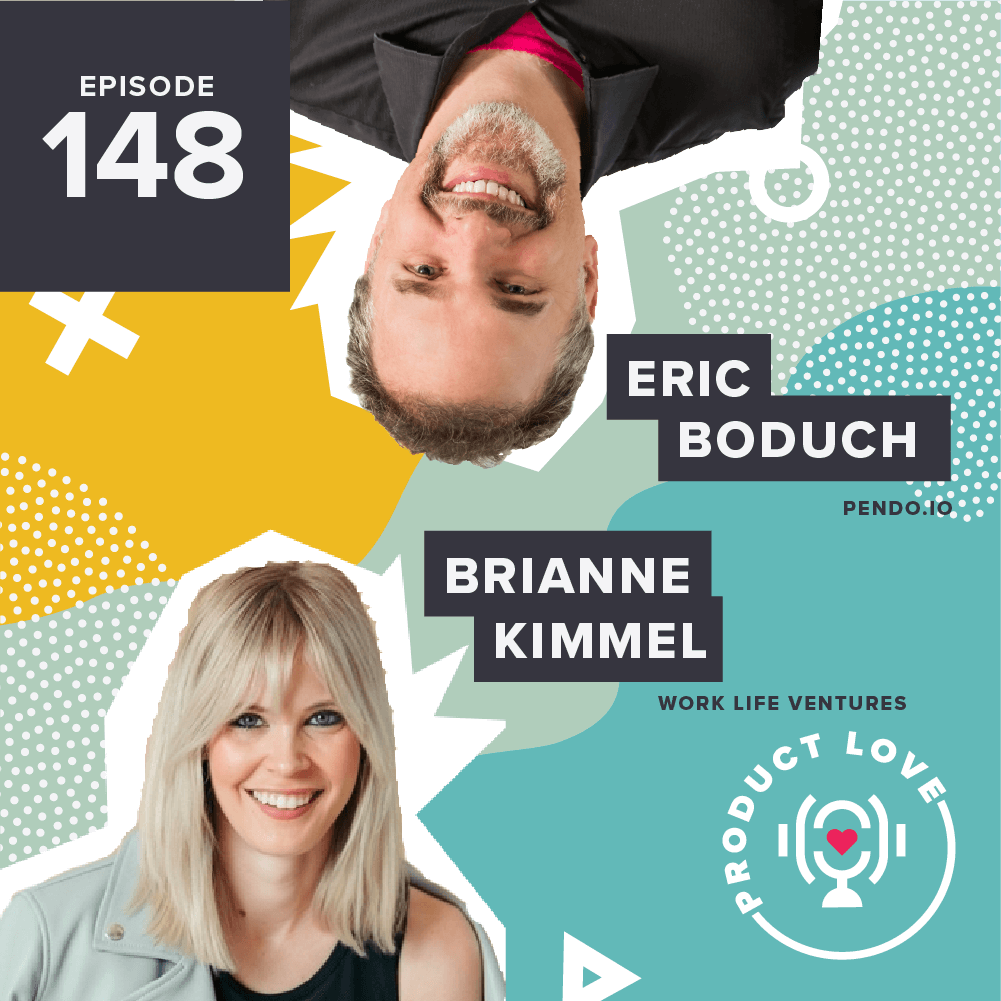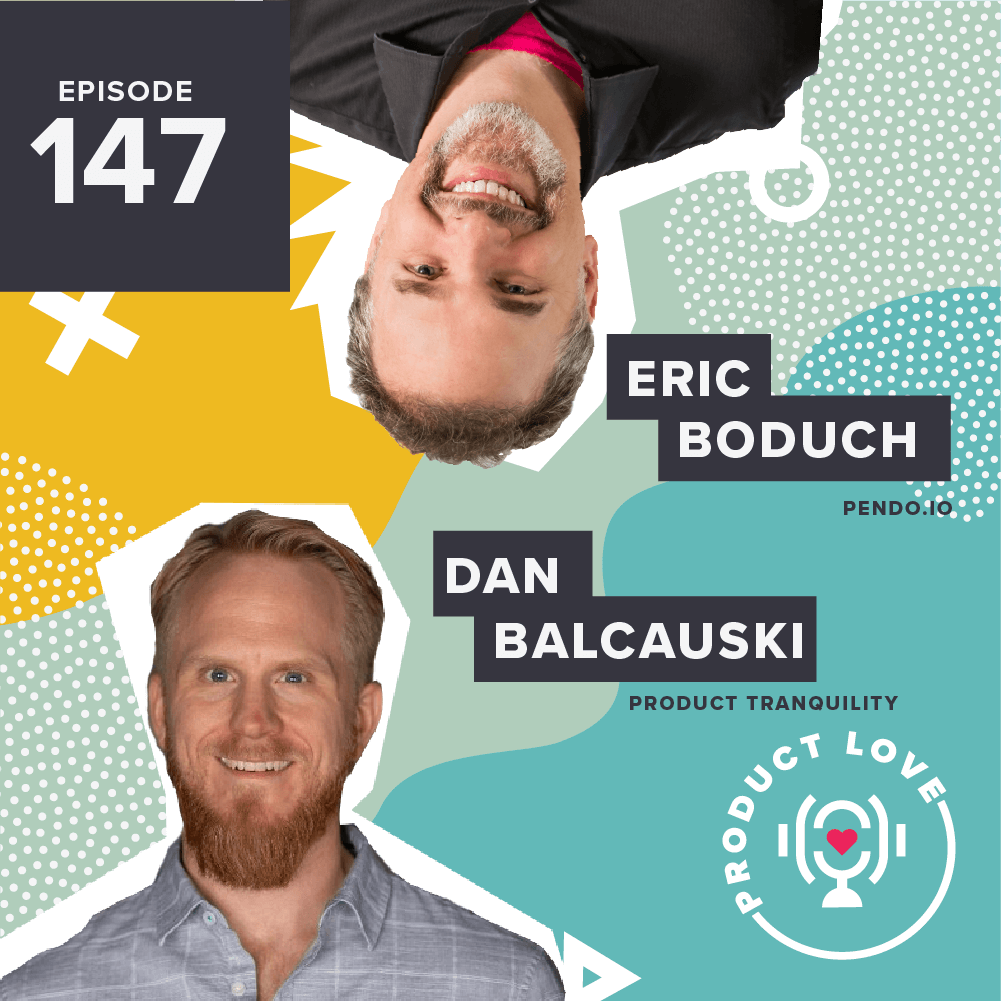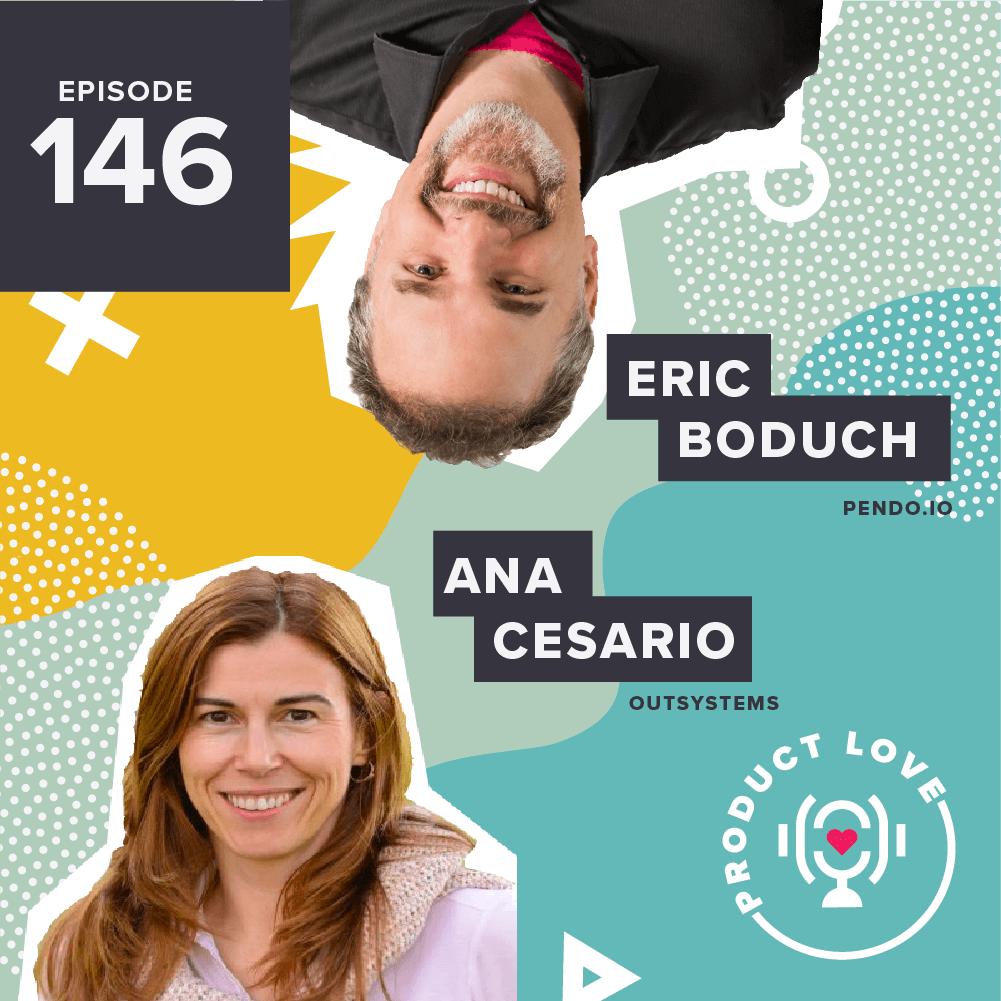This week on the Product Love podcast, I chatted with Rich Mironov, the CEO of Mironov Consulting, and an all-around product guru. Rich has been practicing product management since the 80’s. His extensive knowledge of the craft has helped him solidify a reputation as one of the biggest thought leaders in the product community, and he now focuses on providing high-quality product management and tech support to companies.
We discussed why a grasp of human psychology is crucial for PMing, and why it’s important to understand the difference between features that are for show and those that are actually used.
Listening Instead of Talking
PMs wear a lot of hats, not least of which is “mind reader.” So much of product management comes from being a student of human behavior. How well do you understand how people behave and think? How well do you actively listen to their problems? Products exist as solutions, and a promise to improve users’ lives, so PMs need to intimately understand the problem at hand.
The only way to understand customers is to spend time with them, and it’s clear that product managers need to prioritize customer interviews. But, Rich says it’s worth reevaluating how these conversations are being conducted. The mistake most product managers make is that they believe they’re having a genuine interaction with their customers, but they don’t realize that they could be positioning and selling instead of actively listening.
Are you reselling the product to your customers, and overemphasizing features X, Y, Z, or are you actually listening to learn to gain deeper insight? Go beyond the surface and look for anecdotes that give actionable insights.
Apples for Eating, and Apples for Selling
Rich expects product managers to have a checklist full of mandatory features to build, even if they won’t be used. For example, he brought up two-factor authentication as a flashy feature that probably won’t be heavily utilized, but the simple convenience of having it becomes a determining factor for buyers. They won’t need it now, but the fact that it already exists is a perk or a rationale in their purchase.
He likened product features to selling apples in the grocery stores. The apples perched on the store window that are perfectly red and shiny? They exist purely to entice you to buy them, but no one actually buys the waxy apples in the front. Instead, they purchase the ones already inside the grocery store. The difference between the apples for eating and the apples for selling should be instructive as the types of features PMs should think about.
Rich and I talked extensively about how sales and product management can overlap at times, as well as his own four laws of tech software that every product manager should know. Curious? Check out the podcast below!


